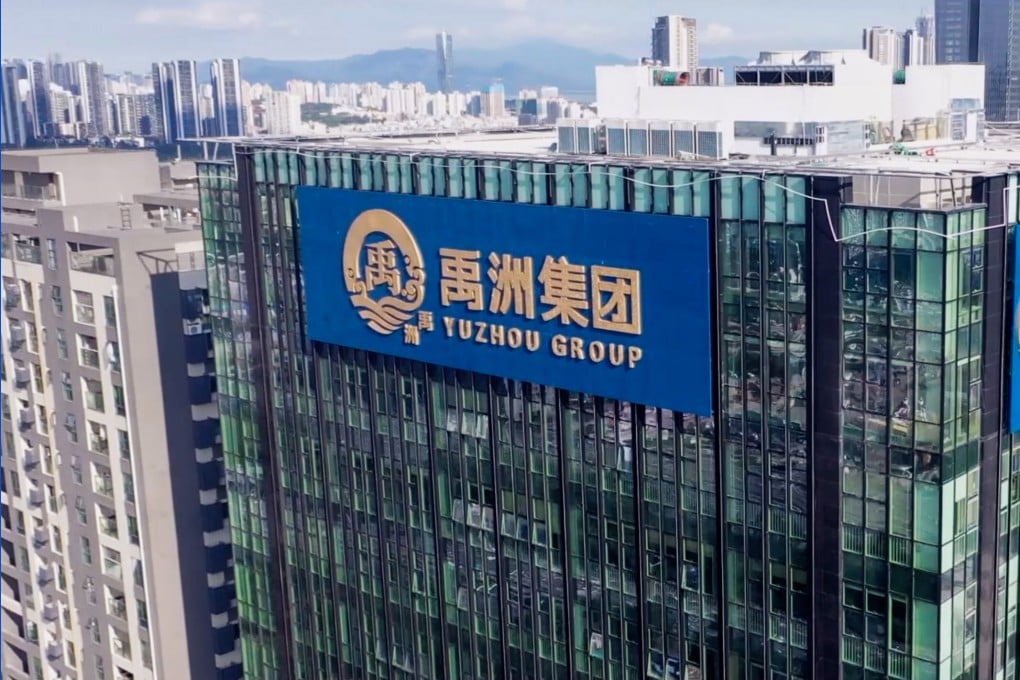Chinese developer Yuzhou warns of bond defaults amid mounting liquidity crisis
- Yuzhou said it will not repay untendered notes due Tuesday, after missing payment on another bond tranche on Sunday
- Yuzhou said it will relaunch an exchange offer for the notes and maintain active communication with investors

Chinese developer Yuzhou Group Holdings warned of certain bond default events, citing the liquidity crisis affecting the company and the wider real estate industry.
The Hong Kong-listed company said in an exchange filing on Monday that it will not pay the principal and interest on untendered dollar bonds due on Tuesday, and did not make the payment on another bond tranche due on Sunday. The total principal amount due on the notes was close to US$105 million, it said.
“Having carefully considered its liquidity position in light of the deteriorating real property market and tightening of the onshore supervision of financing activities and cash balances,” the company opted not to pay back the untendered amount of bonds, Yuzhou said in the filing.
Yuzhou said it will relaunch an exchange offer for the untendered notes and maintain active communication with bondholders.
Chinese developers have resorted to various methods, including exchange offers and asset sales to revert defaults and pay back mounting liabilities. Investors are closely tracking the impact of recent easing policies to see how soon the measures will take effect and help individual companies, which is key to restoring confidence in the sector.
On Thursday, China lowered its five-year loan prime rate, a reference rate for mortgages, for the first time since April 2020. A day earlier, Reuters reported that China plans to relax restrictions as soon as the end of this month to allow developers to access funds from sales still held in escrow accounts to help ease their cash crunch problems.
